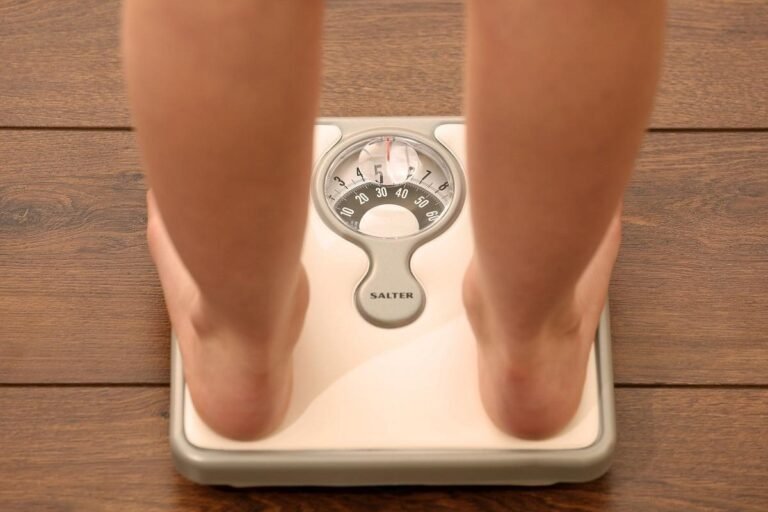
There are many myths and misconceptions regarding eating disorders.
Last week was Eating Disorder Awareness Week, so I thought it was the perfect time to talk about eating disorders.
Although the focus is on food intake and weight, the roots of eating disorders run deep within the psyche and affect people of all ages and backgrounds.
The three major eating disorders, anorexia nervosa, bulimia nervosa, and bulimia nervosa, manifest differently, but all share core characteristics. The unhealthy relationship between food and body image.
Anorexia is characterized by severe calorie restriction and fear of gaining weight. Bulimia involves a cycle of binge eating followed by purging behaviors such as vomiting and laxatives.
In bulimia nervosa, uncontrollable overeating occurs frequently, often accompanied by feelings of shame and guilt, but not purging behavior.
Everyone is unique and there are many reasons why people develop eating disorders. Of course, space is limited, but common reasons include:
• Low self-esteem and body dissatisfaction: Negative self-perceptions, fueled by pressure and unrealistic beauty standards, can drive a desire for control through diet and weight manipulation.
• Stress and Anxiety: Eating disorders are a coping mechanism for overwhelming emotions, providing a temporary sense of control and distraction.
• Trauma and Abuse: Past experiences of trauma, abuse, or neglect can leave emotional scars that can be emotionally numbing or manifest as eating disorders as a means of coping.
• Perfectionism and control: A strong desire to control various aspects of life, such as food and body, can fuel eating disorder behaviors.
This is a common characteristic of people suffering from anorexia. Anorexia cases have increased considerably during the coronavirus lockdown period.
Restricting food intake and eating is thought to have been one of the few things young people had control over at a time when we lost control over many aspects of our lives.
Many people only associate eating disorders with young people, especially women.
However, eating disorders can happen to anyone. Prevalence is higher among young women, but individuals of all ages, genders, and backgrounds are susceptible. Men, boys, and the elderly may also be affected.
It’s important to remember that eating disorders are not a choice and are complex issues that require professional help.
Find out more about Eating Disorders Awareness Week on the BEAT website https://edaw.beateatingdisorders.org.uk/
If you run a mental health support group in the area, we’d love to hear from you. It’s great to see Northwich RUFC announce his new partnership with LooseHeadz. LooseHeadz provides a toolkit full of resources aimed at tackling the stigma surrounding mental health, helping to promote mental health fitness across all rugby clubs.
For more information, please visit the news section of the Northwich RUFC website.
Martin Furber is a multi-qualified therapist and instructor member of the British Mental Health First Aid Association. Wellbeing@martinfurber.com
If you are experiencing any kind of mental health crisis, go to your GP or urgent care, call Samaritans on 116 123 or text SHOUT to 85258.


